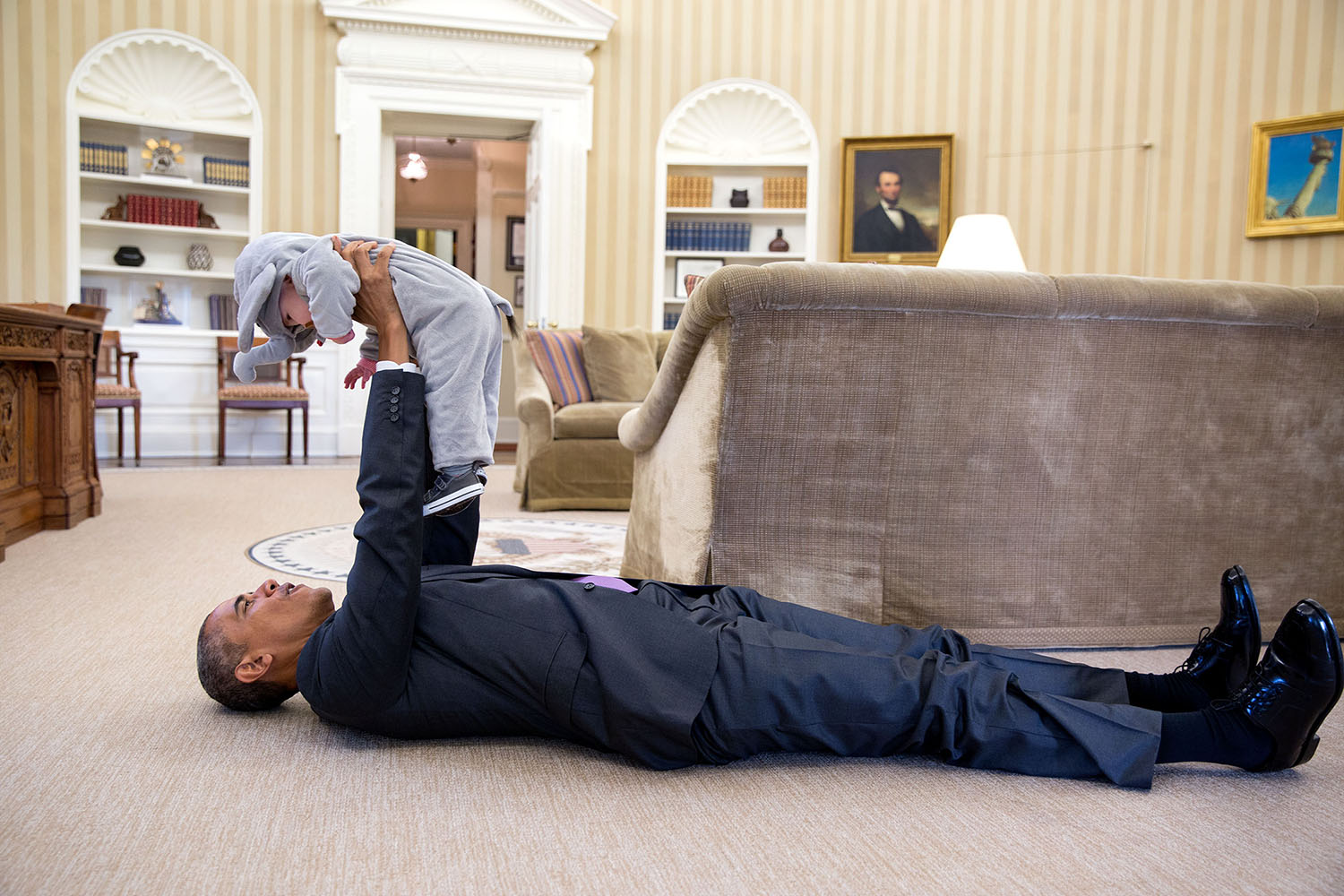
If you want your child to have a fantastic time this summer, then you need to start looking for summer camps now. One example of an excellent summer camp can be found on http://preschoolfunland.com/our-programs/junior-summer-camp/. However, the internet will only tell you so many things, and since you will be entrusting your child to the group leaders at a summer camp, it is likely that you will have a few other questions. This is true whether you want to send your child to Preschool Fun Land or to any other camp. This is why it is recommended that you think about what your most important outcome is for your child.
Possible Outcomes
Most preschool camps have a focus on a particular outcome with their children, but they touch on all of them. If you know which one is most important to you, you will also be better equipped to choose the right program. Key focus areas are:
- Pursuing a passion.
- Skill development.
- Relaxing.
- Making friends.
- Being a child.
- Learning something new.
- Academic challenge.
- Trying a wide variety of activities.
- Family time.
- Gaining independence.
- Building social skills.
- Travel.
When you consider what your decision is, you have to do some introspection to think about why you are picking a certain focus. Is it:
- Because you really want this focus?
- Because someone else thinks that it is best for your child?
- Because it is what your child wants?
One issue that may also help you cut your shortlist down significantly is that of location. People tend to send their children to camps that fall into one of two categories:
- The convenience of being very nearby, which means that there are little associated travel costs, and that someone can come if anything goes wrong.
- The experience of going to a completely new destination.
There is no right or wrong in this answer, only a right or wrong for you and your child. Do take location into consideration, focusing again on what you believe is best for your child. And remember to involve your child in that decision.
Remember that children are only children for a very short period of time, and they need to be able to enjoy it. When you consider that they will spend between one and eight weeks at camp, it is important that your child will have an opportunity to build positive memories. Before you know it, they will be all grown up and there will be no more need for any kind of summer camp!
Now, you should be ready to start looking for the camp of your choice. This may seem overwhelming, because there are so many options out there. However, if you have determined what your focus is (and that your child agrees with that focus), you should be able to narrow your list down significant. If you feel a bit overloaded, then you need to simply take a step back and wait a couple of hours.









